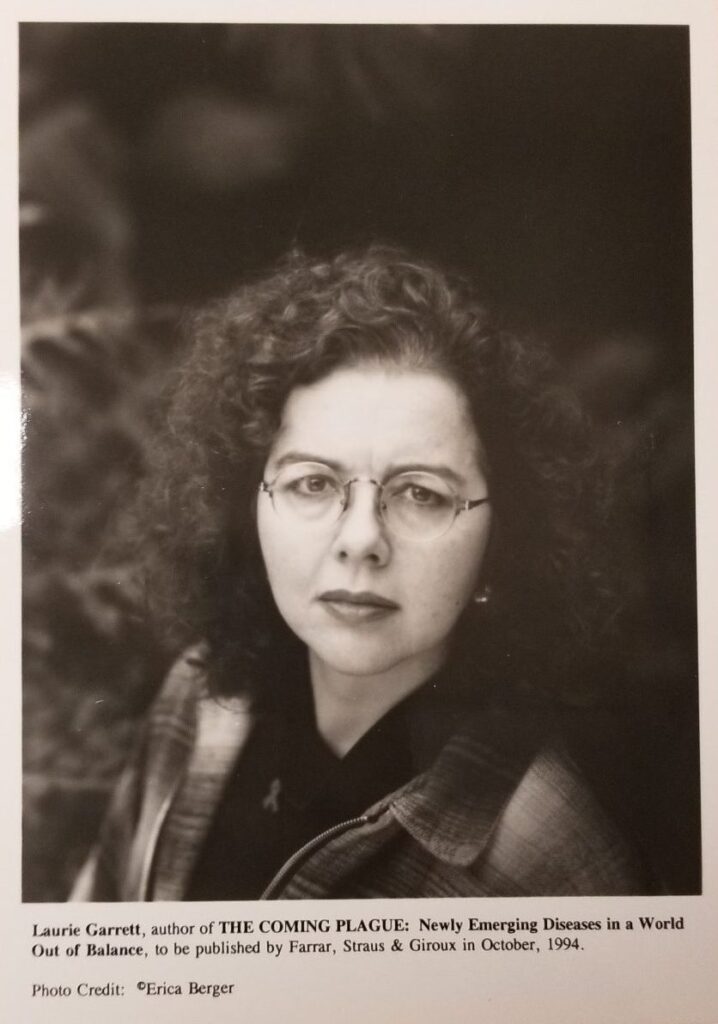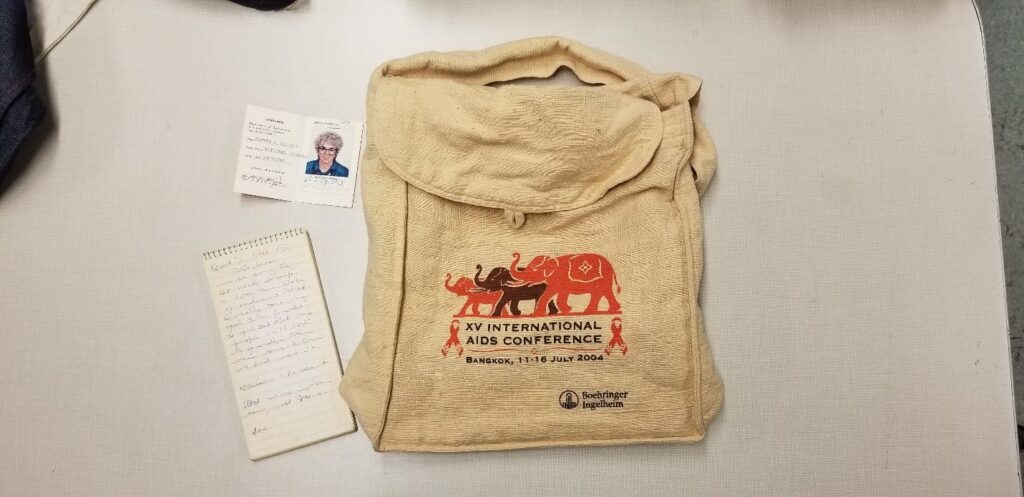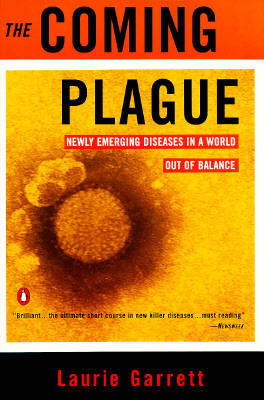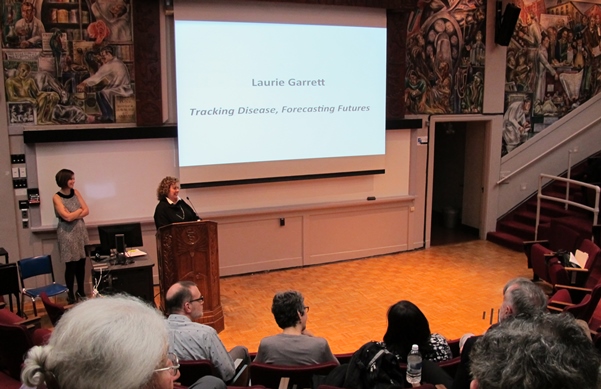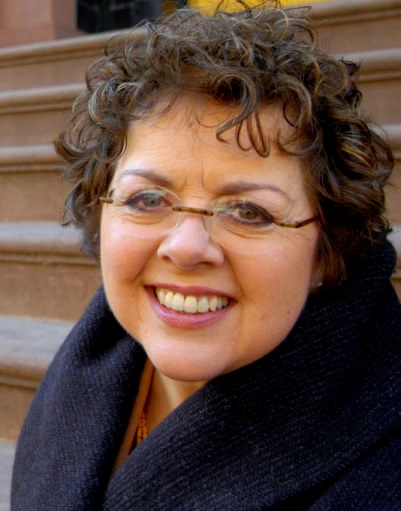Blog post was written in collaboration with Jazmin Dew.
When the UCSF Library closed back in March, the Archives team had to change its projects to adjust working from home. One of the projects that we were able to work on while sheltering in place is the digitization-on-demand project. This project consisted of describing and publishing digital items on Calisphere. We hoped that by working on this project we would help the public have more access to our collections remotely while the library is still closed. The digitization-on-demand project has let us create new collections and also expand existing collections. We are excited to announce that approximately 710 digital items from various collections have been publish on Calisphere. Some of these include:
San Francisco AIDS Foundation Records
San Francisco AIDS Foundation is an organization founded in 1982 to help end the HIV/AIDS epidemic through education, advocacy and direct services for prevention and care. Many of the new items digitized for this collection include photographs, letters, and flyers.

The UCSF School of Nursing collection includes photographs, correspondence, and reports. One of the items that we were able to digitize is the 50th anniversary booklet “Fifty Years A Great Beginning”. The booklet celebrates the progress of the UCSF School of Nursing and has some great photographs from the past.
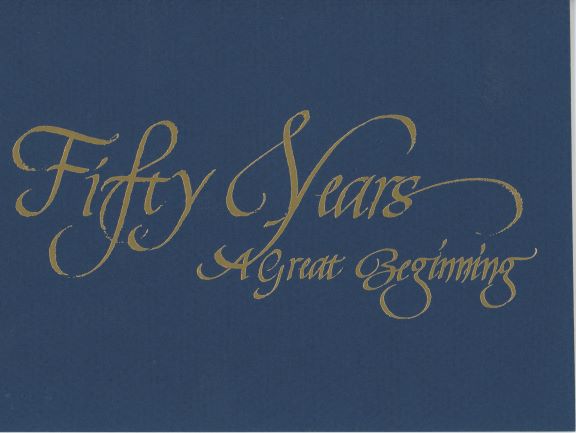
Laurie Garret was a public health and policy advocate, research, and Peabody, Polk, and Pultizer Prize-winning journalist, writing about global health system global health systems, bioterrorism, and chronic and infectious diseases. The new materials added to the Laurie Garrett Papers collection detail Brazil’s national response to the HIV and AIDS pandemic.
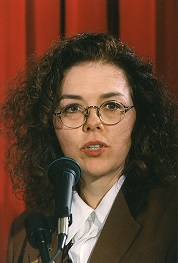
Nancy Stoller was a researcher, writer, and political activist. She wrote about the AIDS epidemic and healthcare equality under the pen name Nancy Shaw. Stoller’s two most prominent works were Lessons from the Damned: Queers, Whores, and Junkies Respond to AIDS and Women Resting AIDS: Feminist Strategies of Empowerment. Two interesting essays added to the Nancy Stoller Papers collection discuss how the HIV/AIDS epidemic affected the Asian and Pacific Islander community, including the impact of the Asian/Pacific AIDS Coalition (A/PAC).
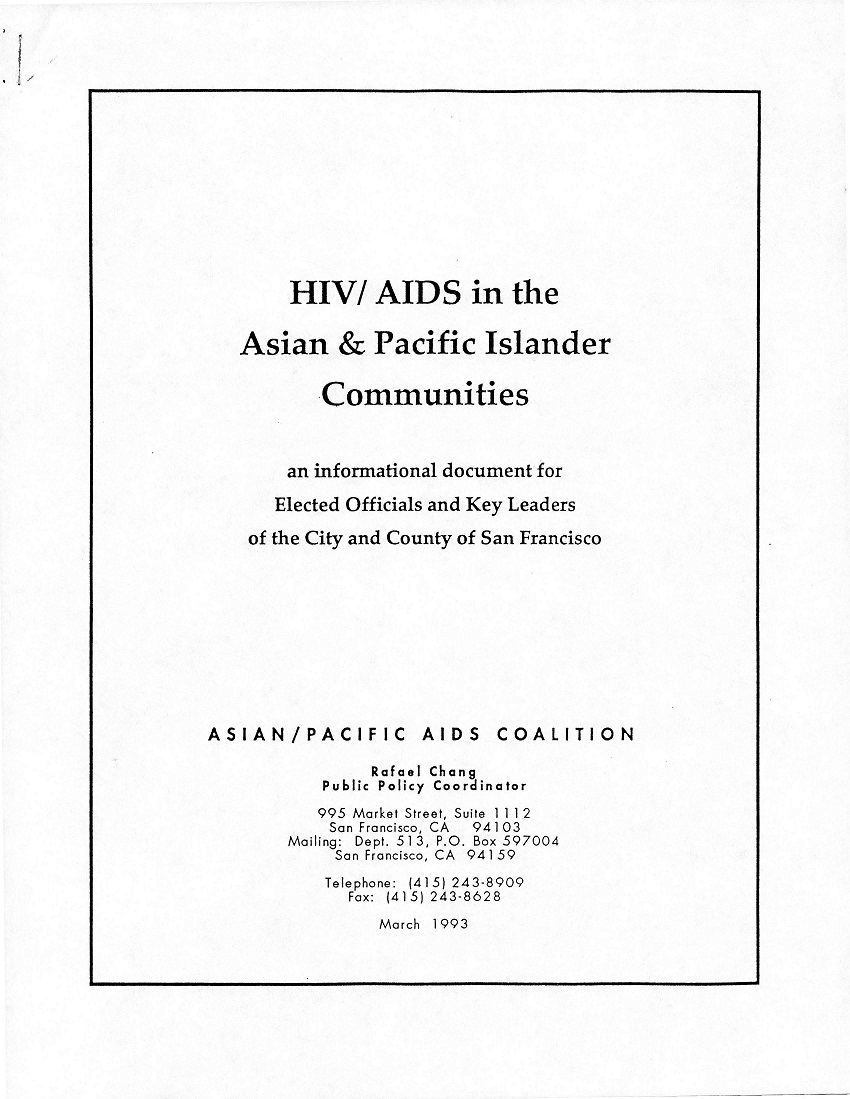
Robert K. Bolan was a community doctor, president of the Board of Directors of the San Francisco AIDS Foundation (SFAF), Center of Disease Control (CDC) consultant, and active participant of the Bay Area Physicians for Human Rights (BAPHR) and the National Coalition of Gay Sexually Transmitted Disease Services (NCGST). The new materials added to the Robert K. Bolan collection include multiple articles by the NCGSTD and how they informed the GLBTQ community and others about the AIDS epidemic.
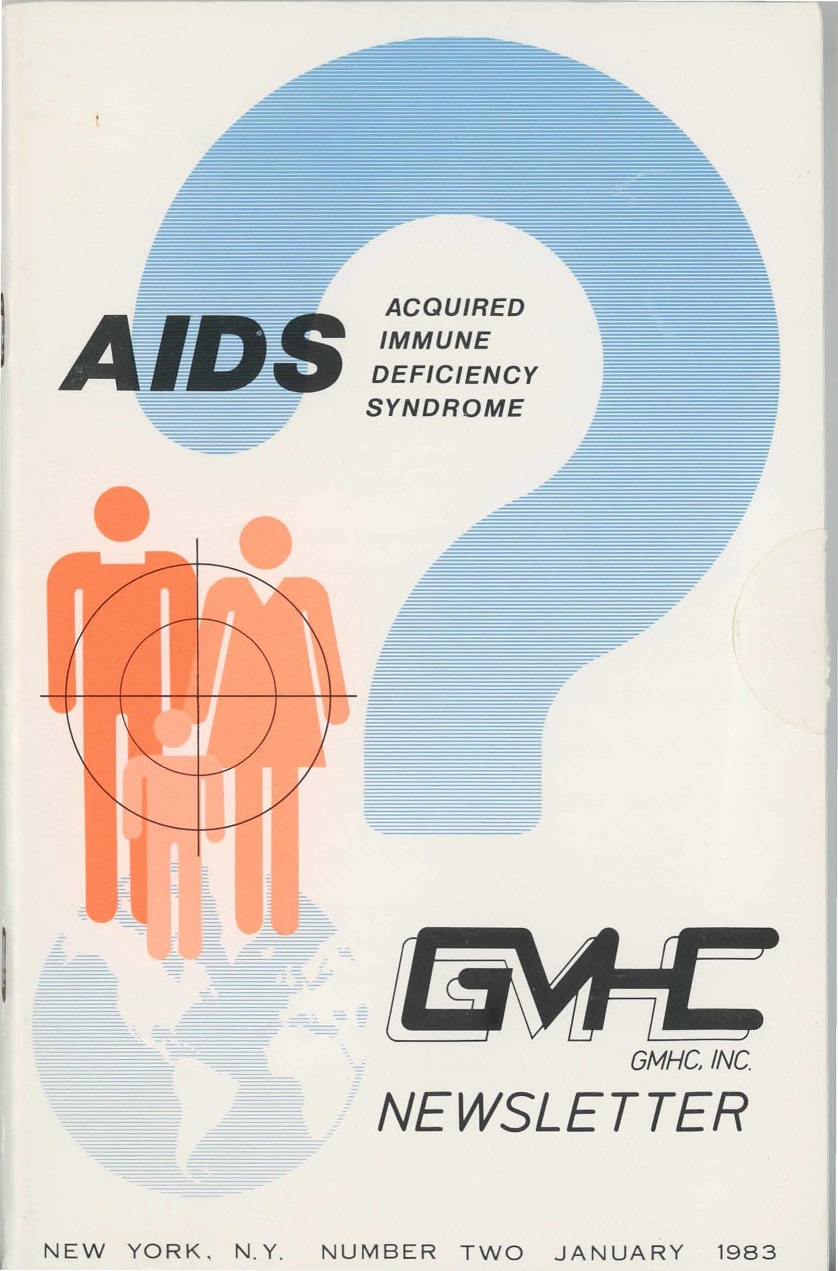
To explore more new material, check out these collections on Calisphere:
David Powers Photograph collection
School of Medicine, Office of the Dean records
If you are interested in exploring more of our digital collections please visit us on Calisphere.

